Unveiling India: A Comprehensive Guide to India Maps and Their Significance
Related Articles: Unveiling India: A Comprehensive Guide to India Maps and Their Significance
Introduction
In this auspicious occasion, we are delighted to delve into the intriguing topic related to Unveiling India: A Comprehensive Guide to India Maps and Their Significance. Let’s weave interesting information and offer fresh perspectives to the readers.
Table of Content
Unveiling India: A Comprehensive Guide to India Maps and Their Significance

India, a land of diverse landscapes, vibrant cultures, and rich history, holds a unique position on the global map. Understanding its geographical layout is paramount for various purposes, from comprehending its complex political and economic dynamics to planning travel itineraries and appreciating its cultural tapestry. This comprehensive guide delves into the world of India maps, exploring their various forms, applications, and significance.
A Visual Chronicle of India’s Geography
India maps, in their myriad forms, serve as visual chronicles of the country’s vast geography. These maps offer a comprehensive understanding of:
-
Physical Features: From the snow-capped peaks of the Himalayas to the fertile plains of the Ganges, India’s diverse topography is vividly depicted on maps. They showcase the country’s numerous rivers, deserts, forests, and coastlines, providing a visual understanding of its natural resources and ecological diversity.
-
Political Boundaries: India’s map clearly delineates its 28 states and 8 union territories, each with its distinct cultural and administrative identity. This visual representation allows for a better understanding of the country’s political structure and the diverse governance models employed across its vast expanse.
-
Urban Landscapes: Maps effectively illustrate the distribution of India’s major cities, towns, and villages, revealing the country’s urban sprawl and the intricate network of transportation routes connecting them.
-
Historical Significance: Historical maps offer valuable insights into the evolution of India’s borders and the empires that have shaped its history. They highlight the movements of people, trade routes, and significant battlegrounds, providing a deeper understanding of the country’s past.
Beyond the Lines: The Applications of India Maps
The applications of India maps extend far beyond mere visualization. They play a crucial role in various sectors, including:
-
Education: Maps are indispensable tools in educational settings. They aid in teaching geography, history, and civics, fostering a deeper understanding of India’s diverse regions and their unique characteristics.
-
Tourism: For travelers, India maps are invaluable resources. They help plan itineraries, locate points of interest, and navigate through unfamiliar landscapes. They also offer information on transportation routes, accommodation options, and local attractions, enriching the travel experience.
-
Business and Commerce: Maps are crucial for businesses operating in India. They help identify potential markets, analyze demographics, optimize logistics, and plan for efficient resource allocation.
-
Disaster Management: During natural disasters, maps become critical tools for emergency response teams. They assist in identifying affected areas, coordinating rescue efforts, and distributing aid effectively.
-
Research and Development: Maps are essential for research and development activities in various fields, including environmental studies, urban planning, and agriculture. They provide valuable data for analysis, modeling, and informed decision-making.
Types of India Maps: A Visual Vocabulary
The world of India maps encompasses a diverse array of types, each catering to specific needs and providing unique perspectives:
-
Physical Maps: These maps focus on the country’s physical features, highlighting mountains, rivers, plains, and coastlines. They are particularly useful for understanding India’s natural resources, biodiversity, and ecological zones.
-
Political Maps: These maps emphasize the country’s administrative divisions, showcasing states, union territories, and major cities. They are essential for understanding India’s political structure and the distribution of power.
-
Road Maps: These maps depict the country’s road network, including highways, national roads, and local routes. They are vital for planning road trips, navigating through cities, and understanding transportation infrastructure.
-
Thematic Maps: These maps focus on specific themes, such as population density, literacy rates, agricultural production, or mineral resources. They provide valuable insights into various aspects of the country’s socio-economic landscape.
-
Historical Maps: These maps showcase the evolution of India’s borders and the historical empires that have shaped its geography. They offer a glimpse into the country’s past, highlighting significant events and movements.
Navigating the Digital Landscape: Online India Maps
The digital revolution has ushered in a new era of map-making, with online platforms offering interactive and dynamic India maps. These online resources offer a plethora of advantages:
-
Interactive Features: Online maps allow users to zoom in and out, explore specific areas, and access detailed information through clickable markers. They often include features like street view, satellite imagery, and 3D models, providing an immersive experience.
-
Real-time Updates: Online maps are constantly updated with real-time traffic information, weather conditions, and other relevant data, ensuring users have access to the most up-to-date information.
-
Personalized Experiences: Many online platforms allow users to customize their maps, adding markers, routes, and layers to suit their specific needs.
-
Accessibility and Convenience: Online maps are readily available on smartphones, tablets, and computers, providing users with instant access to information at their fingertips.
FAQ: Demystifying the World of India Maps
Q: What is the best way to find a reliable India map?
A: For physical maps, reputable publishers like National Geographic, Oxford University Press, and MapMart offer high-quality maps. For online maps, Google Maps, OpenStreetMap, and MapMyIndia are popular choices.
Q: How can I use maps to plan a trip to India?
A: Online maps can help you plan your itinerary, locate attractions, book accommodations, and navigate through unfamiliar areas. They can also provide information on transportation options, local customs, and safety tips.
Q: Are there any specialized maps for specific regions of India?
A: Yes, specialized maps are available for various regions, focusing on specific themes like wildlife sanctuaries, trekking trails, or historical sites. These maps provide detailed information tailored to particular interests.
Q: What are the key features of a good India map?
A: A good India map should be accurate, up-to-date, clearly labeled, and easy to understand. It should also include relevant information, such as major cities, transportation routes, and points of interest.
Tips for Utilizing India Maps Effectively
-
Understand the Scale: Pay attention to the map’s scale to accurately interpret distances and sizes.
-
Use Key Symbols: Familiarize yourself with the map’s key symbols to understand the different features represented.
-
Consider Your Needs: Choose a map that best suits your specific purpose, whether for travel, research, or educational purposes.
-
Combine Resources: Utilize multiple maps and online resources to gather comprehensive information.
-
Stay Updated: Regularly check for updates and new releases to ensure you have the most accurate and up-to-date information.
Conclusion: Maps as a Window into India’s Complexity
India maps, in their diverse forms and applications, offer a powerful tool for understanding the country’s geography, history, culture, and socio-economic landscape. They serve as visual representations of India’s complexity, providing insights that enhance travel experiences, guide business decisions, and foster a deeper appreciation for this diverse and fascinating nation. Whether exploring its physical features, navigating its urban landscapes, or delving into its historical past, India maps remain indispensable companions for anyone seeking to understand and appreciate this vibrant land.
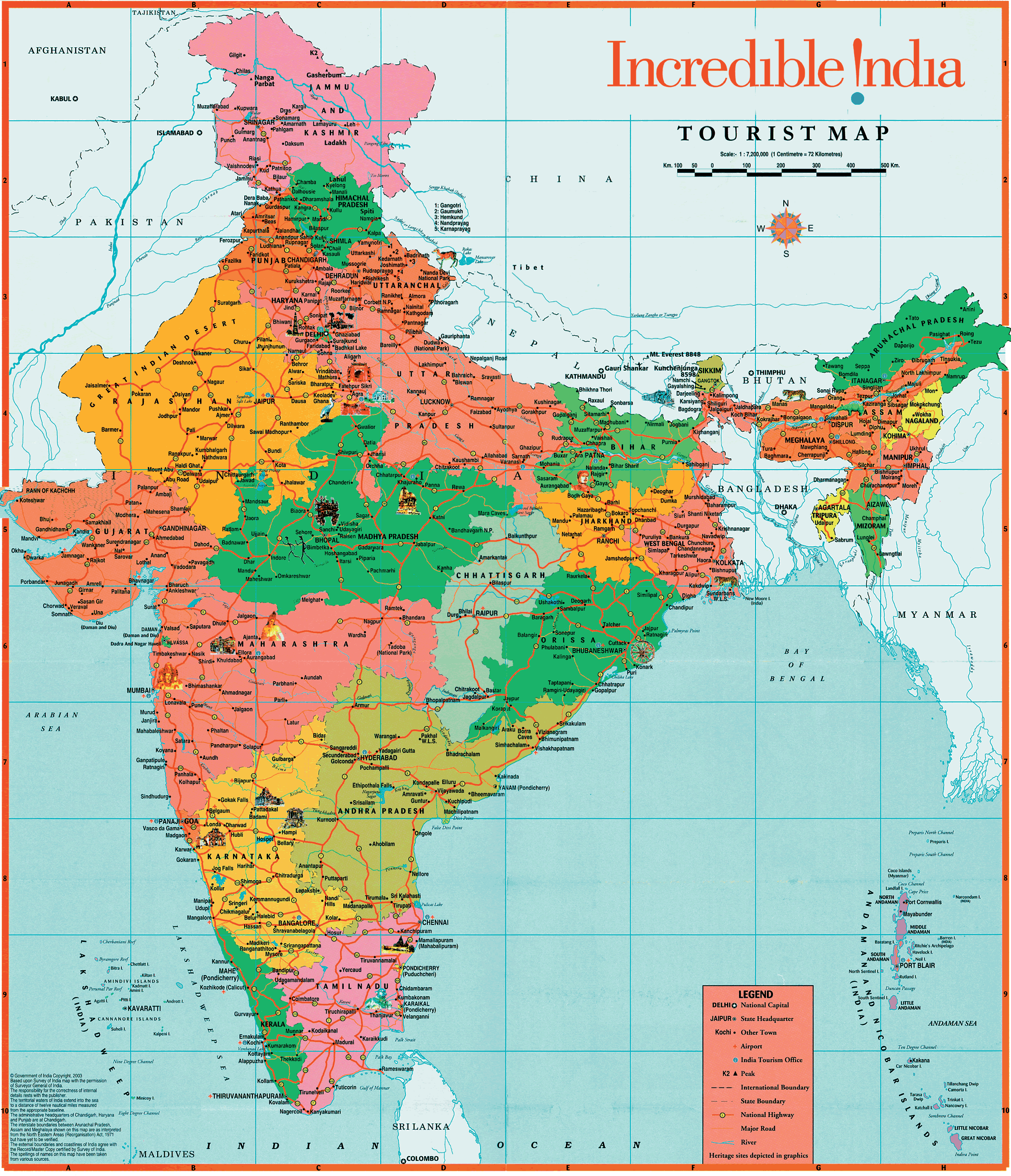
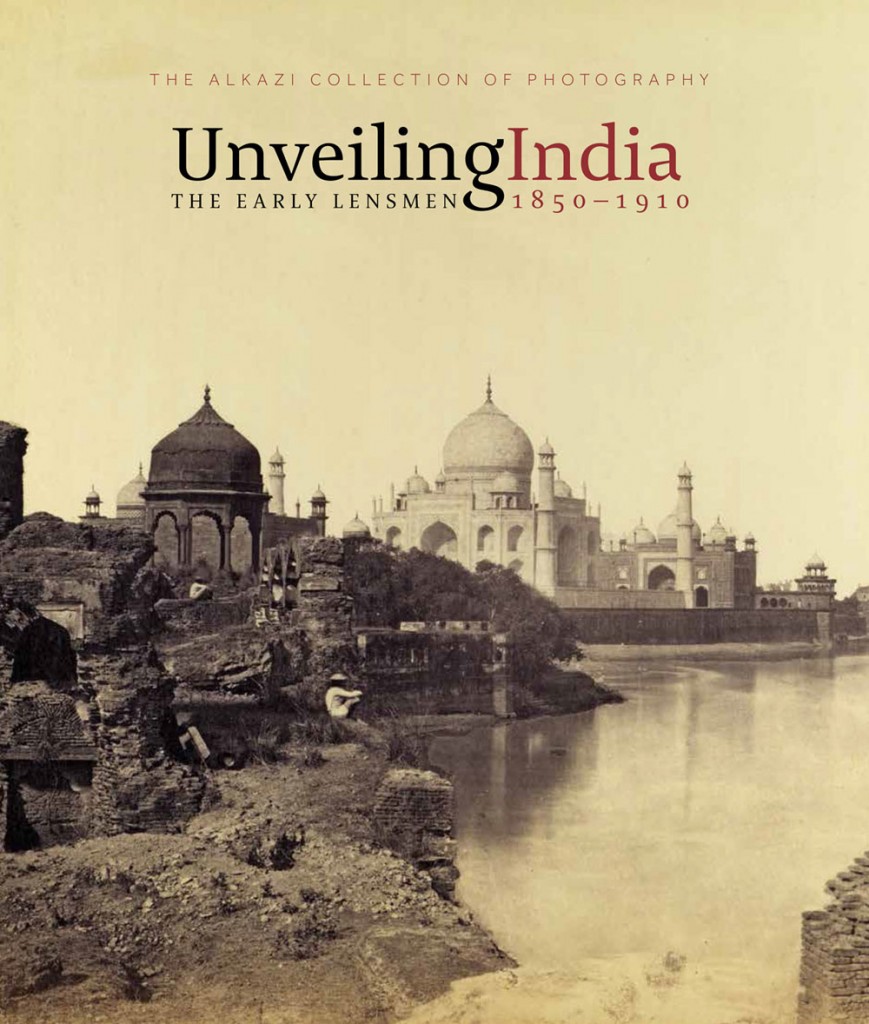
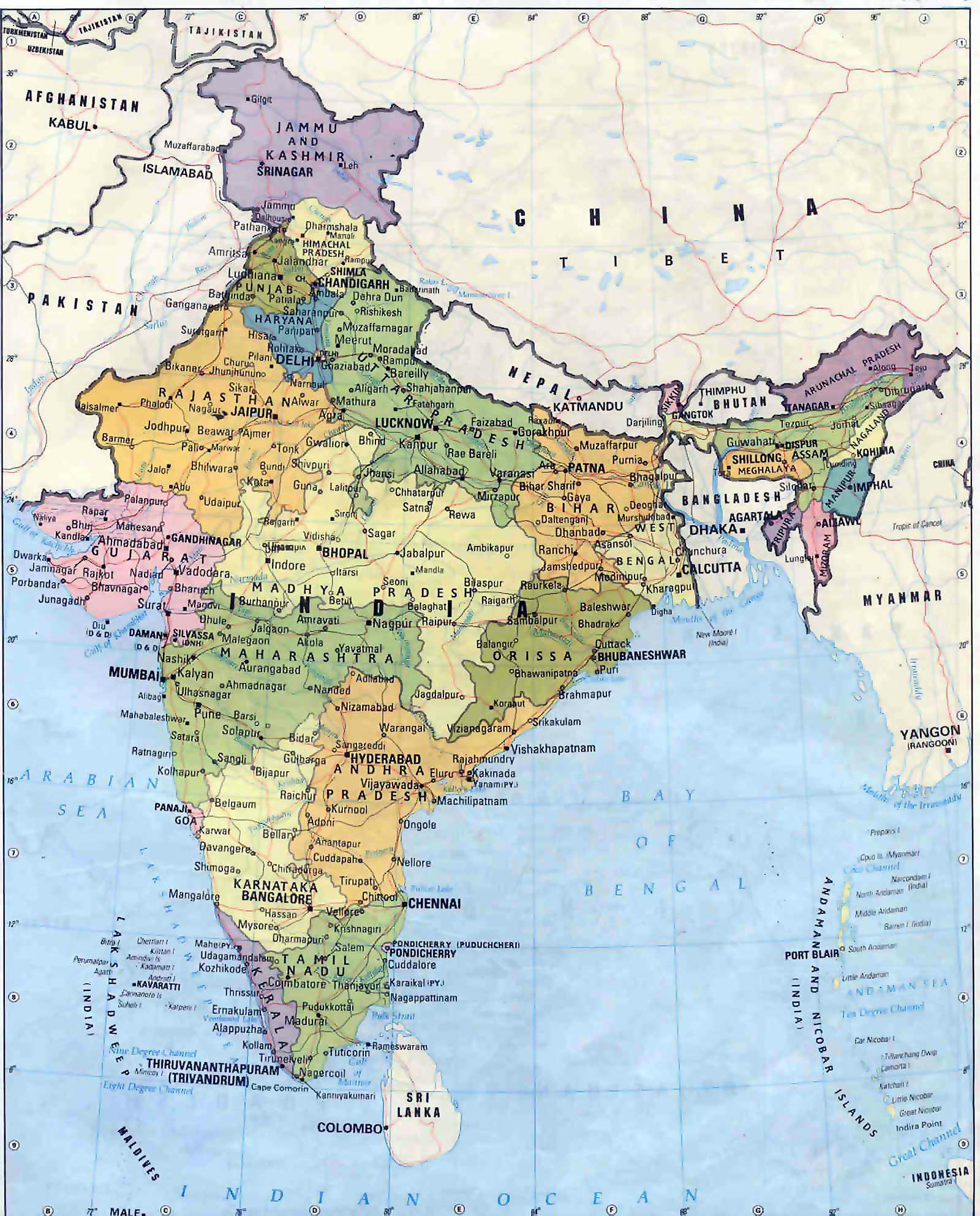
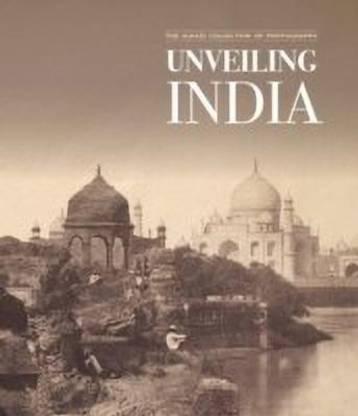
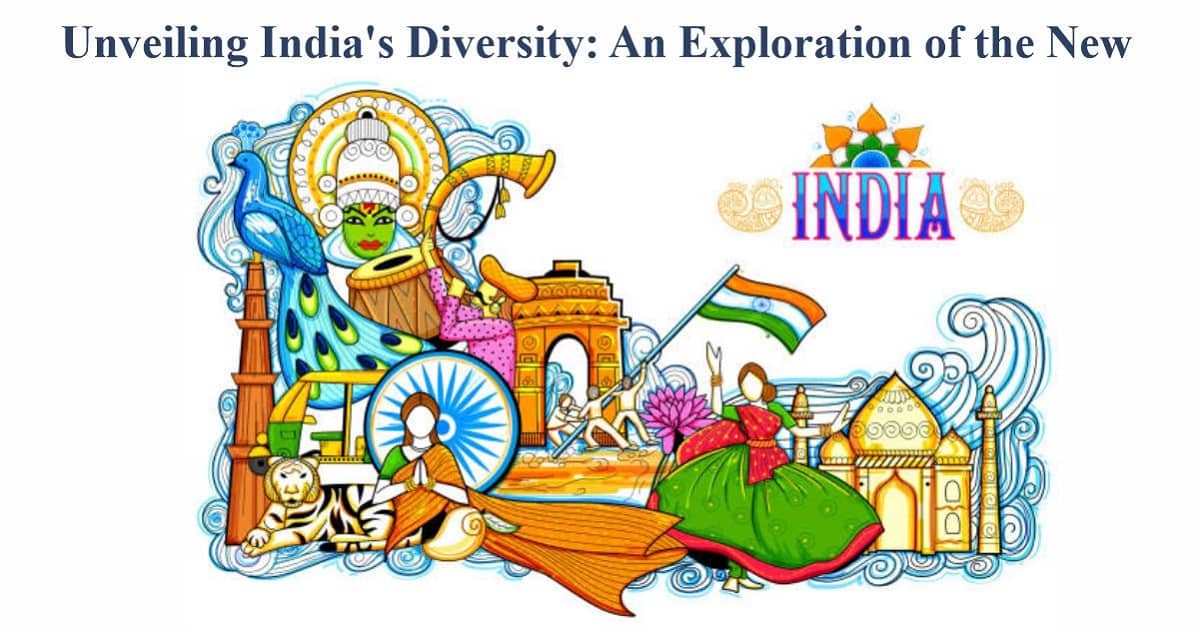

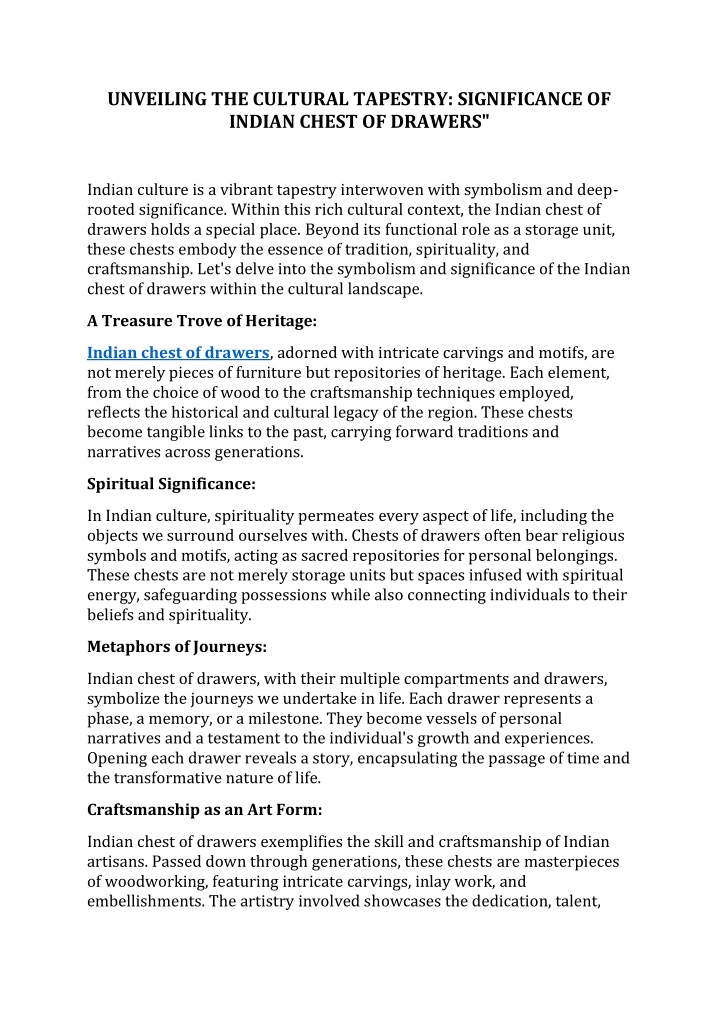

Closure
Thus, we hope this article has provided valuable insights into Unveiling India: A Comprehensive Guide to India Maps and Their Significance. We thank you for taking the time to read this article. See you in our next article!